Reviews
Ian Cheney
USA, 2011
Credits
Review by Victoria Large
Posted on 23 May 2011
Source Projected DVD
Categories The 2011 Independent Film Festival Boston
When I’m in the country - or, okay, the suburbs - at night, I’m always looking up at the stars, quietly awed by what I see. In the city at night, I mostly look at the glittering buildings—the Boston skyline as viewed from a subway train, just as one crosses over the Charles River. The lights are always on in cities, where the night sky feels like a conspicuous absence. Ian Cheney, director of The Greening of Southie and co-creator of the excellent King Corn, noticed this absence and was troubled by it, so he started to investigate.
The resulting documentary, The City Dark chronicles the wide-ranging impact of our well-lit lifestyle using an essay-like structure. It unfolds under multiple chapter headings rather than being organized around a specific character or event, and the approach works. The film may be a touch scholarly, but Cheney’s recollections of his boyhood in Maine, complemented by Sharon Shattuck’s sweetly childlike animation, give it a more personal bent without distracting from the serious matters at hand. Cheney makes for an appealing guide because he is curious and concerned but not particularly spotlight hungry, meaning he can put his own stamp on a film without making it about himself rather than its ostensible subject.
The City Dark begins with the more philosophical implications of losing sight of the stars. Numerous astronomers and scientists remind us that the stars have stoked our curiosity for centuries and served as a continual reminder that all that we know of the universe is incredibly far from all that there is to know. Their assertions find an endearing echo in the reports of an urban Boy Scout troop on a camping trip (“There’s like a 100 stars!” they marvel.), and the point is a valid one no matter who is making it: when one is conscious of the larger universe, one is lest apt to feel like the center of it.
In pursuit of clearer skies, Cheney takes engaging trips to the Arizona Sky Village, a kind of stargazer’s utopia co-founded by astrophotographer (and Cheney hero) Jack Newton, as well as to Hawaii, an outpost for astronomers plagued by the light pollution of much of the developed world. Cheney’s acknowledgement of the potential for real-life killer asteroids to strike the Earth (the film tells us that that scenario raises the question of “when” rather than “if”), and our reduced ability to spot an asteroid in a too-bright night sky helps to up the stakes of the astronomers’ hunt for dark skies, but if that possibility feels too sci-fi to seem real for some viewers, Cheney also presents compelling concerns about what the lack of darkness is doing to life on Earth right now.
In one of the film’s most harrowing scenes, Cheney takes to the beaches of Miami, where sea turtle hatchlings head toward the shining lights of the city (and almost certain death) instead of the moonlit ocean waters where they belong. He also examines the danger that unnatural light poses to migrating birds and populations of fireflies. Humans aren’t safe either: a sobering segment of the film examines how a lack of darkness could cause increased cancer risk in humans.
To Cheney’s credit, however, The City Dark is not merely a catalog of the potential dangers of a world with few stars. He sympathetically presents the very real attraction of artificial light - it makes us feel safe, for one thing - and closes the film by introducing some plausible solutions to the problems that the film examines. It all makes for a galvanizing, thoughtful, and very thorough documentary, one that could reshape your perception of the night.
More The 2011 Independent Film Festival Boston
-
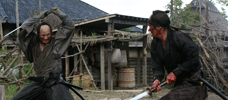
13 Assassins
2010 -

Ivan & Ivana
2011 -
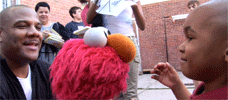
Being Elmo: A Puppeteer’s Journey
2011 -

Bellflower
2011 -

Convento
2011 -
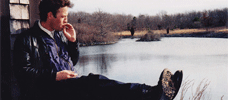
Cure for Pain: The Mark Sandman Story
2011 -

The Trip
2010 -

El Bulli
2010 -

Submarine
2010 -
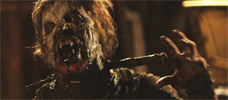
Stake Land
2010 -

Another Earth
2010 -
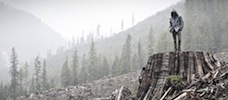
If a Tree Falls
2011 -
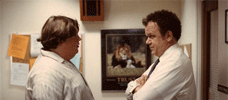
Terri
2011 -
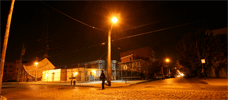
The City Dark
2011 -
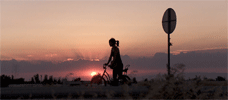
Littlerock
2010 -
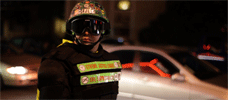
Superheroes
2011 -
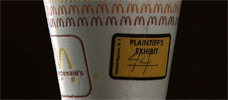
Hot Coffee
2011 -
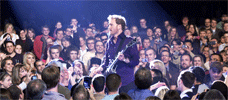
Conan O’Brien Can’t Stop
2011
We don’t do comments anymore, but you may contact us here or find us on Twitter or Facebook.



